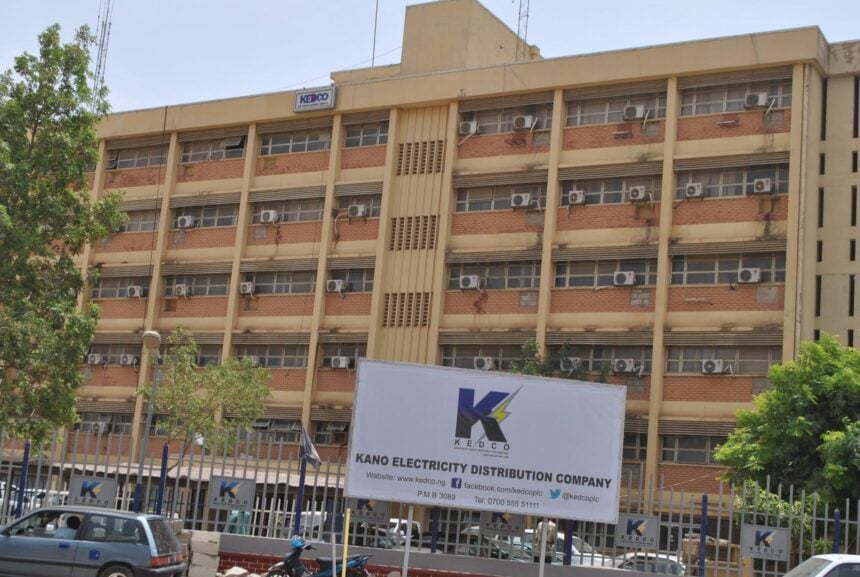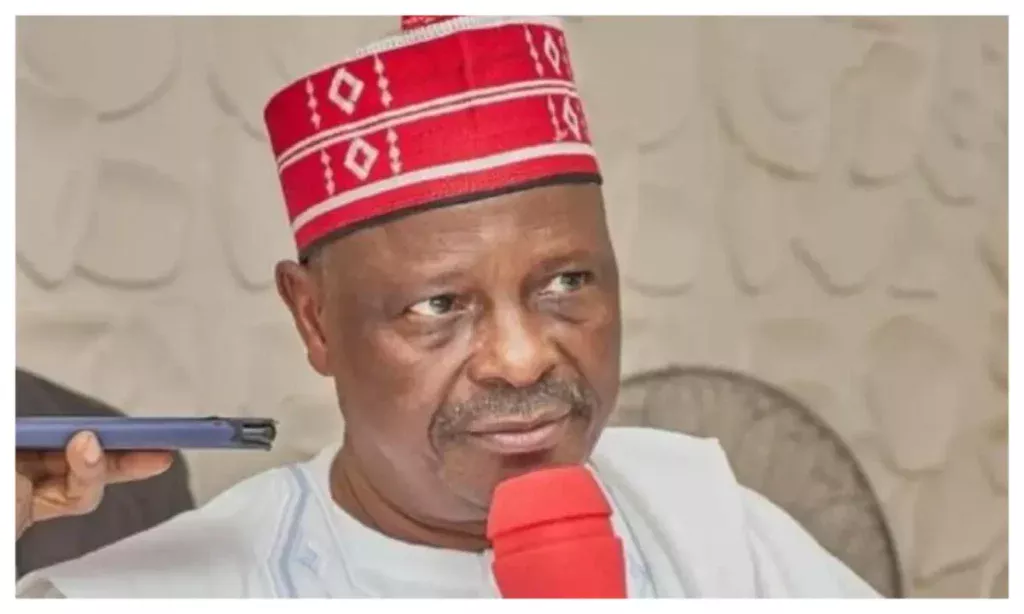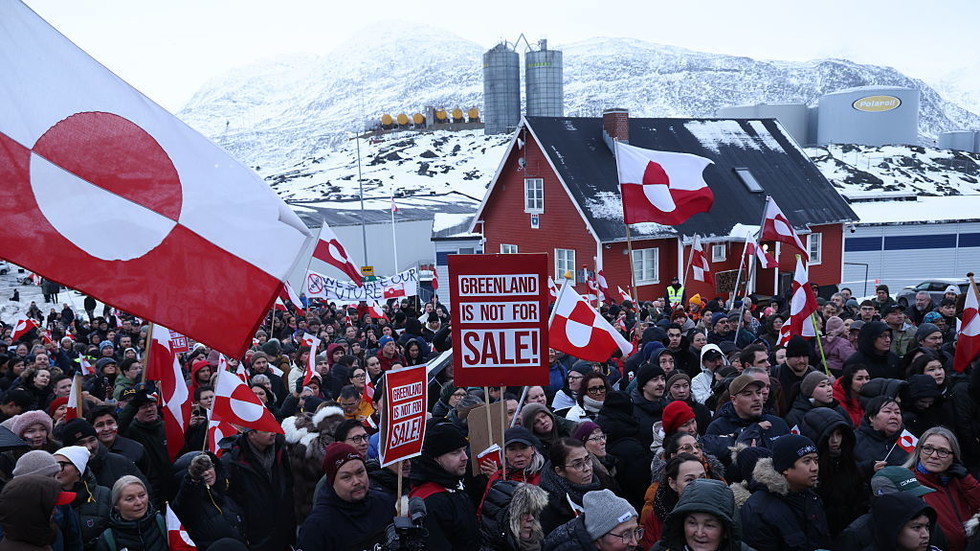The General Commander of the Mozambique Republic Police (PRM), Bernardino Rafael, made a public admission, acknowledging that police accidentally killed citizens during demonstrations protesting the election results. The shocking revelation came during Rafael’s address in Chiúre, Cabo Delgado, where the police confirmed the death of a demonstrator on 26 October. In addition to this, they also confirmed the killing of one demonstrator in Angoche on 16 November and a fish vendor in Marromeu market on 12 December.
However, a preliminary investigation by CIP Eleições suggests that at least nine more people were killed by police bullets, with six in Nampula city and three in Nacala Porto. Not only were numerous individuals injured by police bullets during the protests, but the outcomes of their cases remain unknown.
Rafael expressed regret over the incidents, apologizing not only for the specific events but also for several others that occurred during the restoration of public order and security. He emphasized the need to humanize the police and recognized the mistakes made by police agents in applying the law. Rafael acknowledged that the behavior of the police agents did not align with their responsibilities and deemed it a deviation from the normal conduct of the Mozambican police.
The absence of public information on whether the Public Prosecutor’s Office (PRG) has initiated criminal proceedings against the responsible police agents raises significant questions. While charges were brought against the mayor of Nampula, Paulo Vahanle, in a separate case, no specifics regarding the deaths or the responsible parties were disclosed.
The delay in announcing the winners of repeat elections in several municipalities further adds to the complexity of the situation. Renamo’s appeal against the decision to approve the results has created uncertainty, potentially postponing the validation of results until the first week of January 2024.
The acknowledgment of accidental killings by the police and the absence of clarity regarding legal actions have triggered widespread concern, raising pivotal questions about accountability and justice. The aftermath of these events continues to unfold, underscoring the need for transparency and thorough investigation to address the complexities surrounding the election protests in Mozambique.



